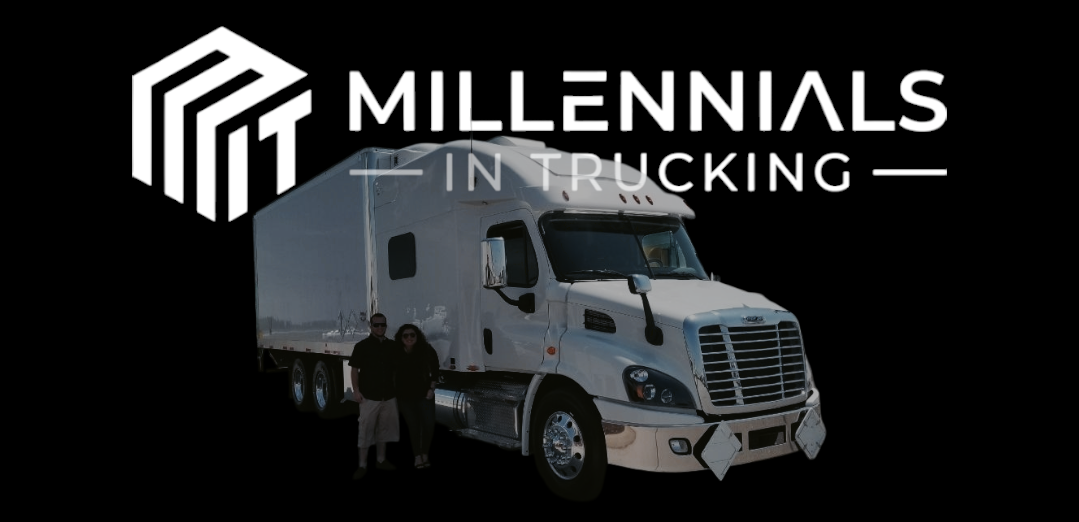What it Takes to Become an Owner-Operator

On a conference call with our tax accountant, he called us out personally and said “Guys, you can’t be a jack of all trades… leave the details to the professionals…” as he tried to sell us on their in house accounting products. Unfortunately, we didn’t have the privilege of the extra revenue to be able to afford such a luxury - to hand off our responsibilities as a single truck operation - that would cut a good chunk of our already small profit margins.
Overhead. Overhead. Overhead. "Location, location, location.”
Plan for the absolute worst to happen. Even when trucks are new and under warranty - if your truck is down for an extended period of time, your liabilities are still due, and there is so much more than truck payments when you become an owner. If you fall behind in less than a few months or are relying on advances to fuel up your truck, you didn’t save accordingly. Before buying your first truck, make sure to have 6 months or more of your overhead costs. Figure your expenses; truck payment, insurance payments, satellite and equipment payments, credit card payments, and any additional fees you might be accruing every month, then multiply that by 6 - and add a couple grand on top of each month to give you wiggle room for those additional expenses, like general maintenance, for a good estimate of what your nest egg should be.
Truck buying - “Don’t sell yourself short - literally.”
Whether you’re building or buying your first truck, make sure your equipment gives you options, and can sign onto multiple different carriers in case you needed to abandon ship at your current company. This is only a safety net - being able to move your equipment when things go wrong - a back up plan that you hopefully won’t have to use but is there if you need it. Then when you do want to invest in specialized equipment in a smaller market, make sure you’ve personally done your time in said segment to gain the most insight to where you’re investing. Don’t go run out and buy a truck for a specific lane that you’ve never run or are “being promised”, or when you’re new in a segment of an industry you’ve never been apart of.
Networking.
“It’s not what you know, it’s who you know.” is a sentiment we have been sharing with anyone and everyone we’ve ever met that ask us for tips to find success within trucking. Whether you’re someone who is talkative or more reserved, you’ll have to learn to be both when the opportunity is presented to you. Learn to shut your mouth and open your ears to listen to people who’ve been in it longer than you, take value in learning from their mistakes, and ask as many questions as you can. Connections are a great thing to have, and when issues present themselves (and they will) you’ll need to know where to go to find those answers. Google and Reddit will only be able to help you with so much. So, build up your network and make friends in the right areas, which means all areas.
Ask Around.
Talk to fellow owners that have insight into the truck you’re looking to buy or build, as well as the equipment attached to it; APUs, liftgates, reefers, etc. If you’re unsure of companies, talk to their drivers, ask about miles, bonuses, backhauls, etc. Looking to build or buy a truck? Then get quotes at multiple dealerships, and ask other owners where they purchased and if they have any recommendations on dealerships. Don’t just jump on the first opportunity that presents itself.
Listen to your gut.
“If something seems too good to be true, than it probably is.” The trucking industry has a ridiculous amount of scams that prey on uniformed and/or new drivers looking to move up and branch out as an owner. If a company or dealership rubs you the wrong way, look elsewhere and move on. At the end of the day, our gut has saved us from making deals with bad seeds, and kept us from getting taken advantage of in every aspect of the business.
Take your time.
The statistics for small businesses are scary and disheartening to say the least. In their first year, 20% of small businesses are doomed to fail. By year 5, less than 50% still remain. The most common causes that lead to entrepreneurs and small businesses failing is lack of planning and cash flow issues. If you want to equip yourself to avoid ending up on the wrong side of these stats, take your time, learn and absorb everything you can, and always have a back up plan.
- Run Hard, Dream Big

